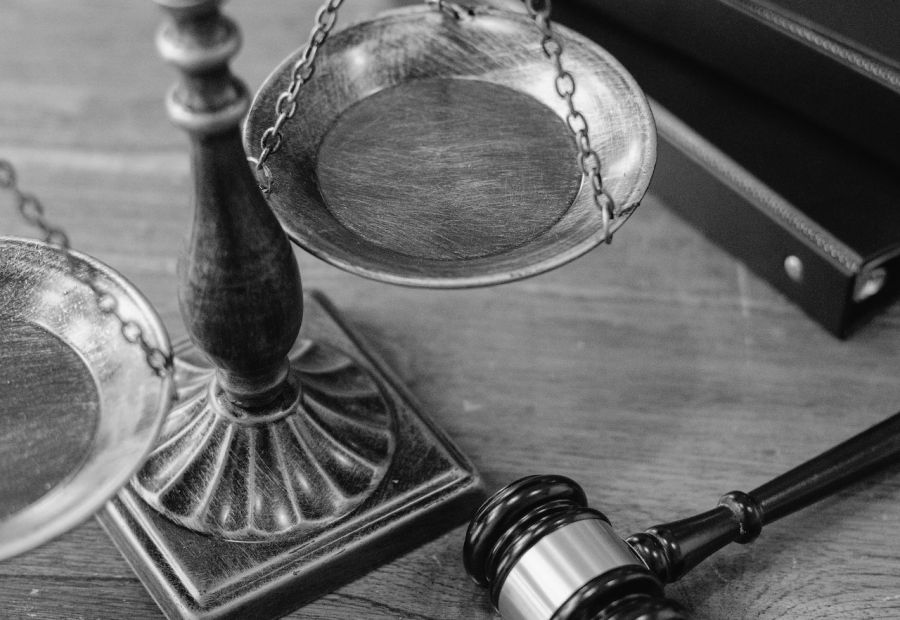Alberta Firearms Act is what the province needs

Bill 8, the Alberta Firearms Act, took effect when it received royal assent on March 28, 2023.
After years of attacks by Ottawa on law-abiding gun owners, the Act gives Alberta the tools it needs to regulate and administer firearms. It also allows the province to advocate on behalf of hunters, farmers, Indigenous people and sport shooters, all of whom understand the importance of responsible firearm ownership to our heritage and culture.
As Justice Minister Tyler Shandro noted, this Act is the most comprehensive provincial firearms framework in the country. It legislates the role of the Alberta Chief Firearms Officer (CFO) and elevates the responsibilities and legal mandate of that office to the fullest extent of the law. One of the duties of the CFO is to issue an annual report, ensuring public accountability.
When the office was created in 2021 and Terri Bryant named CFO, she made it clear that she was the right person for the job.
“As a lifelong firearms collector and enthusiast, I could not be more excited for this opportunity to represent Albertans and stand up for our province’s way of life and lawful firearms culture,” she stated. “I cannot wait to meet with other passionate Albertans [on a tour of firearm ranges] to find out how we can get a fair deal for Albertans.”
Bill C-21 will criminalize legitimate gun owners
A fair deal is truly needed, instead of the federal Bill C-21. If passed, it will criminalize many hunting and sport-shooting firearms lawfully owned by Canadians.
In early February, the government withdrew Amendment G-46 in the bill, a 300-page document that lists thousands of rifle and shotgun models to be confiscated. They also backed away from plans to classify semi-automatic long guns that accept a detachable magazine holding more than five rounds of centrefire ammunition as “prohibited” firearms.
However, the majority of the bill is intact, including provisions to ban more than one million legally owned handguns. In the Conservative Leader Pierre Poilievre’s view, the February withdrawals were just a “temporary pause” in Justin Trudeau’s gun control agenda.
As Poilievre advised, “Trudeau desperately wanted to ban hunting rifles … he would ban all civilian firearms ownership in Canada. That’s his agenda and he’s made it clear.”
Gun bans will not affect illegal weapons
The idea of confiscating firearms from registered and law-abiding Canadians has always been illogical. As a report from the Department of Justice states, most of the guns used in crimes are illegally owned, with many smuggled in from the United States.
The government should focus on halting the flow and use of illegal firearms instead of further restricting the activities of legitimate gun owners and firearms-related businesses, including 650 firms in Alberta.
That includes the Phoenix Indoor Range and Gunshop in Edmonton. As a media report notes, when the first federal firearms ban took effect in May 2020, owner Lennard Kucey had to lock away any firearms that he had in stock that fell under that mandate as he was unable to sell, trade or send them back.
“We were at a loss,” he said of the estimated $250,000 worth of inventory that now sits in a storage container. “Our sales have probably gone down about 75 percent.”
Other provinces regulate firearms
Some people have questioned if Alberta has the authority to regulate firearms, considering federal efforts to do that same. According to information from the provincial government, British Columbia and Quebec both have legislation that regulates firearms outside of wildlife and hunting legislation and Saskatchewan recently introduced legislation to regulate firearms.
Firearms are part of the Albertan culture, as these provincial numbers show.
- There are 341,988 possession/acquisition licence holders in Alberta.
- Albertans own the second-highest number of firearms classified as restricted or prohibited by the federal government.
- There are 127 approved shooting ranges in the province.
- On average, an additional 30,000 residents complete mandatory firearms safety course training annually as a first step to obtaining their firearms licence. In 2021, that number jumped to 38,000, indicating a significant upward trend in legal gun ownership in the province.
Firearms Act is ‘nimble’
There’s not much detail in the Alberta Firearms Act and our justice minister has said that is intentional, describing the legislation as “nimble”.
Other highlights of the Act include giving the province the ability to make regulations that would allow for the licensing of seizure agents. A Firearms Compensation Committee would be created so Albertans receive fair compensation for any firearms they have to turn in. In addition, municipalities and municipal police services would have to meet regulatory requirements before entering into any firearms-related funding agreements with the federal government.
There are many reasons why we need this legislation. Or, as CFO Bryant notes, “An Alberta Firearms Act will provide stronger support to the law-abiding firearms community whose activities are essential to the economic vibrancy and cultural heritage of our province.”
Contact us for legal advice
Despite the views of some politicians in Ottawa, licensed firearms owners are not the source of gun crime. The Alberta Firearms Act is needed since Bill C-21 will do nothing to address the real problem of gun crime in Canada. If you have been charged with a weapons offence, the lawyers at Dunn & Associates can provide a free consultation and guide you through the legal process. Call us at 403-233-0443.
